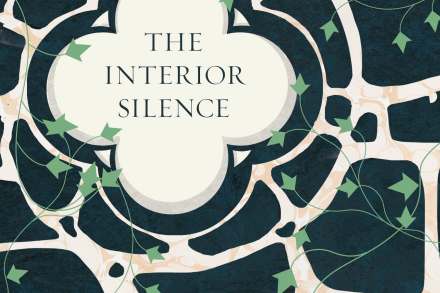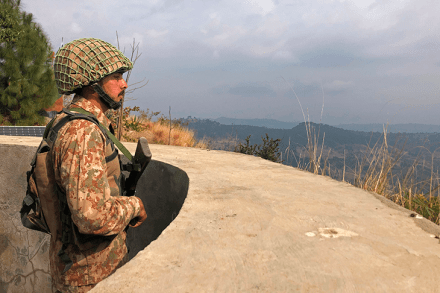The sufferings of Okinawa continue today unheard
Okinawa is having a moment. Recently a Telegraph travel destination, to many in the west it’s still unfamiliar except as a location of the Pacific theatre. To Elizabeth Miki Brina, the author of Speak, Okinawa, it was also unfamiliar until she was 34 — though her own mother is Okinawan, and she had spent time there as a child. Not until the break up of a relationship which played out the toxicities of her own family relations did she attempt to unravel her mother’s heritage: Okinawa’s brutal history, not Japanese, yet owned by, and at the mercy, of Japan; its persecution by America; its current state of suffering and her





















